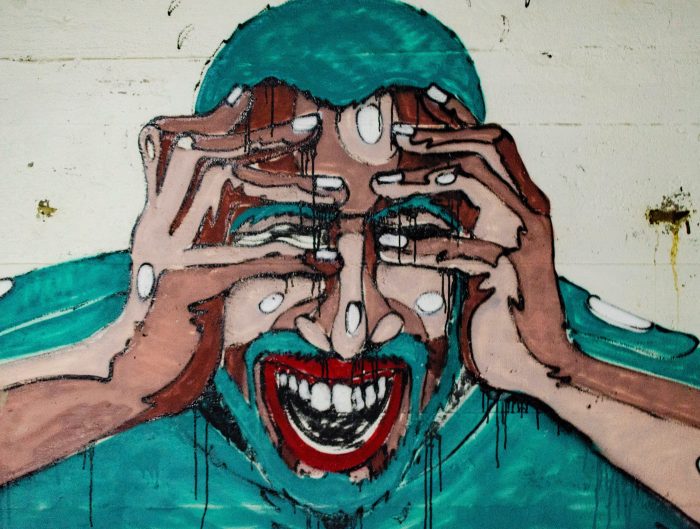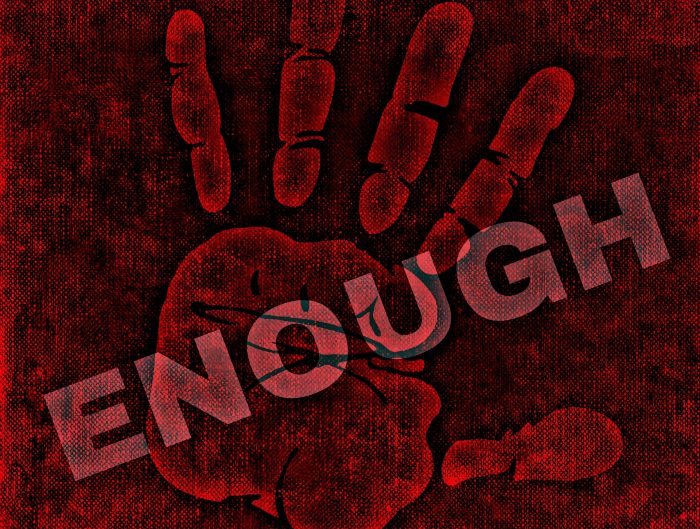Payday Loans – As Bad As It Gets?…
It seems like every day there is another story highlighting the pitfalls of predatory lending, with a particular focus on so-called payday loans–short-term loans of under $500 that carry interest rates of anywhere from 200% to over 1,000% APR. Most recently, Google announced that starting in July it would ban from its AdWords marketplace advertisements for any loans with terms of less than 60 days and / or with interest rates of 36% or above. The reason? According to Google, research “has shown that these loans can result in unaffordable payment and high default rates for users” and the change “is designed to protect our users from deceptive or harmful financial products…”
This is great news, not only because it will make it less likely that consumers will fall prey to these lenders, but also because it will make it easier for those offering equitable alternatives–like, of course, Capital Good Fund–to advertise because we will no longer have to compete with payday lenders when bidding on relevant keywords (AdWords works on a bidding system, and until now payday lenders were paying over $7 per click for keywords like emergency loan). However, it does not solve the problem: a Google search for “emergency loan” will still show results for payday lenders (Google can ban them from advertising, but it can’t censor search results), and of course there are myriad other ways in which these guys advertise, including having more brick-and-mortar branches than McDonald’s and Starbucks.
…Title Loans, Even Worse?
Payday loans aren’t necessarily even the most predatory small dollar personal loan product out there, even though it’s one of the most prevalent (about 12 million Americans use payday loans). No, that distinction likely goes to the humble auto title loan, where the average interest rate is around 300 percent, and a $1,000 loan will cost $1,200 in interest fees. Oh, and 20% of cases result in a repossessed vehicle, and one million people turn to these lenders each year.
So what is a title loan? Let’s imagine you are a low-wage worker with no or poor credit, little-to-no savings, and a thin margin between income and expenses. Your greatest asset is your used car, a 2001 Honda Fit with 95,000 miles on it that, because you’ve taken good care of it, is still worth $2,000. One day you fall ill and end up missing two weeks of work, and suddenly your rent is due and you can’t afford it. You know your landlord will begin eviction proceedings if you miss rent by even one day, so what do you do?
Ideally, you would draw on your own savings, but how would you build up savings while earning $7.50 an hour and in a city where there is almost no affordable housing, public transit is limited (forcing you to carry the expense of a vehicle), and utility costs are rising? Okay, so maybe you take out a low-interest loan from the bank? No luck: you don’t have any credit, and even if you did, banks and credit unions long ago stopped making small loans (and a small loan for them is often anything under $50,000, let alone $500). What about a credit card? Even if you could get one, you would be paying an APR near 25%, and if you were to only make minimum payments on your card moving forward you’d never pay that thing off.
So what do you do? Have no fear! Your friendly neighborhood title lender is there for you. In exchange for giving them the title to your trusty Honda they give you a loan for $1,000 at 300%. With the proceeds from the loan you pay your landlord and avoid eviction, however when the loan comes due in two weeks your finances have yet to recover from the missed work and you are unable to pay back the $1,000. Now you have two options: let them take your car, or roll over the loan, incurring more fees and paying more and more interest. Talk about a Sophie’s choice: either lose your primary mode of transportation (and then likely lose your job), or spend thousands of dollars in interest and fees on a one-thousand-dollar loan (and probably end up missing rent and getting evicted at some point anyway).
Broader Forces
Any discussion about predatory lending is incomplete without discussing the two fundamental root causes of the phenomenon: economic inequality and a financial sector that is doing less and less to serve the needs of average people. I do not subscribe to the notion that if only the poor were better at managing their money they wouldn’t be poor. They are poor because they don’t have enough money to manage to begin with. With a lack of good, upwardly-mobile jobs on one hand and a vanishing social safety net on the other (thank you for “welfare reform,” President Clinton…”), it’s not surprising that people are turning to short-term loans to try to make ends meet; that they get stuck is an inevitable result of a systemic failure in our economy.
At the same time, banks are closing branches in low-income neighborhoods and becoming increasingly focused on making profits from wealth management, fees, and other services that don’t include what constitutes traditional banking: taking deposits and then making loans for cars, homes, and businesses. With fewer mainstream financial service providers available to them, lower-income people are forced to pay money to cash their checks and withdraw their funds, and are shut out of the very affordable loans that could enable them to move up the economic ladder.
The American Dream, if it ever existed, certainly doesn’t exist anymore. Income inequality is growing. Wages have stagnated for decades. Housing prices are rising. The social safety net has been eviscerated and the federal government is chock-full of right-wing, government-hating firebrands who are more likely to applaud rather than staunch the bleeding. Jobs are being lost to China and India and whatever country is willing to offer the lowest wages of the day to multinational corporations in search of profits at all cost. Fringe financial services, therefore, are a symptom of a much deeper problem, but they also exacerbate and take advantage of it like a pack of hyenas encircling a wounded baby tiger.
On the ground in our communities we see the detritus of the American Dream–foreclosed homes, crumbling schools, and bright neon signs saying “No Credit, Instant Cash.” So while the wealthy sip their Starbucks coffee and read Sartre bathed in the warm light of sunshine and and delightful odor of pastries, the rest of the nation waits in line to cash their check (for a fee), pay the payday lender, pay the title lender, pay the slumlord, pay the utility, pay the insurance, pay the sales tax and then, exhausted, fall asleep from a long day living in the new American Nightmare.




Leave A Reply